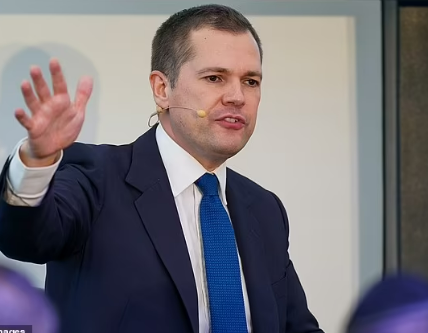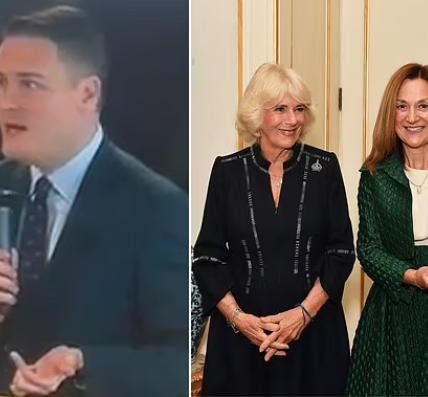How much could YOUR council tax go up by in April? What average bills might look like across the country after Starmer gave green light to 5% rises_Nhy
Families are bracing for more eye-watering council tax rises next year after Keir Starmer signalled the cap will be 5 per cent.
Local authorities will be able to hike bills by nearly three times the current rate of inflation after Downing Street confirmed the ceiling.
That could be equivalent to a £110 increase on the average Band D property across England. However, in some areas it will be higher in cash terms.
The news is a hammer blow for Brits who have been struggling with the cost of living crisis – and already face being battered by the Budget’s massive tax raid.

Keir Starmer was embroiled in a row over the cap on council tax yesterday during bad-tempered PMQs clashes
A government source said the 5 per cent cap would not necessarily translate into a similar tax rise as it would be ‘up to individual councils’ to decide what to charge.
But most are expected to increase bills by the maximum amount.
Government statistics show the average band D council tax set by local authorities in England for 2024/25 was £2,171, which represented an increase of £106 or 5.1 per cent on the previous year.
The main inflation figure fell to 1.7 per cent in September although it is expected to rise again towards the end of this year, as energy costs go up over the winter.
Tory leader Kemi Badenoch warned at PMQs yesterday that the national insurance hike in the Budget would drive up costs for town halls in areas such as care services.
The party claimed there is a £2.4billion black hole in the finances for local government that would need to be filled with higher taxes.
The party has calculated that would amount to a 6.6 per cent rise across the board, roughly £143 extra on a Band D property. Council insiders
Darwin Friend, of the TaxPayers’ Alliance, urged ministers to curb council waste rather than signing off another round of bill hikes.
‘Taxpayers will be bracing for another penny-pinching year ahead,’ he said.
‘Councils across the UK have either increased council tax or threatened to increase it. While the cap has not been scrapped, the increase of 5 per cent will still hit hard-pressed households.
‘The Government needs to crack down on councils to ensure that they are keeping costs to a minimum and delivering front-line services at the best possible value for residents.’
In opposition, Labour complained bitterly about the impact of rising council tax bills on the cost of living.
At last year’s local elections, Ms Reeves said she would use £2.7 billion from a new windfall tax on the oil and gas industry to freeze council tax bills.
At the time, she said: ‘While the Tories think the cost-of-living crisis is all over, Labour is on the side of working people.’

A study of Government data, by the Taxpayers’ Alliance campaign group, outlined how total council tax receipts soared from £12.2billion in 2000-01 to £38.5billion in 2023-24

Tory leader Kemi Badenoch demanded to know whether the 5 per cent ceiling would be maintained
The pledge was not repeated in Labour’s manifesto this year, and a government source said Labour had been ‘very clear’ that it only applied in the circumstances in 2023 when it was not in power.
But Deputy Prime Minister Angela Rayner hinted at a freeze again as recently as September.
Asked whether she would ‘take this opportunity to reassure the House that the Government has no plans to increase council tax as they assured us before the election’, Ms Rayner replied: ‘Yes.’
Tory MP Kevin Hollinrake said: ‘It’s only after coming under pressure from Kemi Badenoch that Keir Starmer revealed Labour have broken their promise not to raise council tax.
‘Labour made a political decision to gift their union paymasters an inflation-busting pay rise and now it’s renters and homeowners who are paying the price.’


